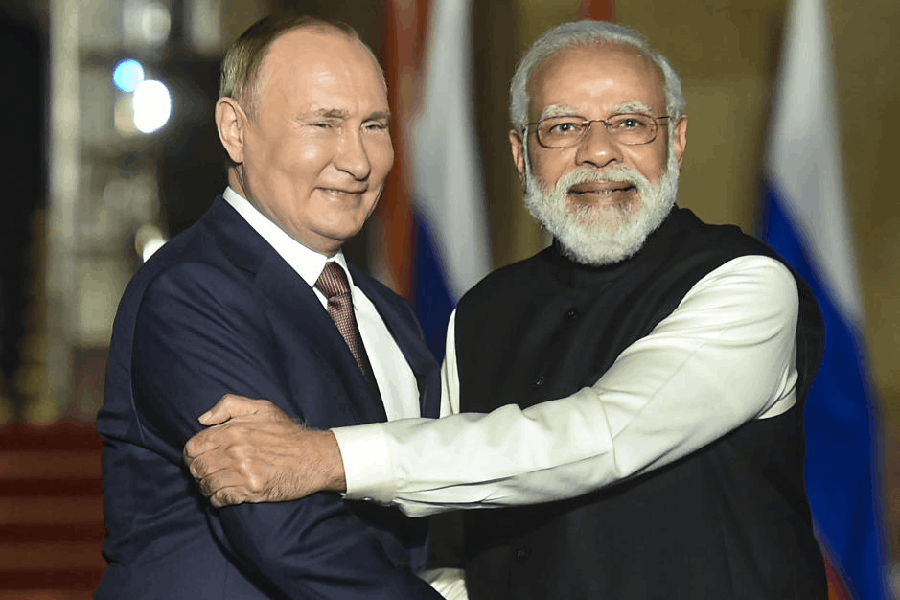Rostec chief Sergey Chemezov has declared that Russia is prepared to meet any military requirement India puts on the table.
“We have strong relations with India, and whatever India requires, we are here to support,” the CEO of the Russian state-owned defence conglomerate said to ANI at the Dubai Air Show 2025. Chemezov stressed that Moscow’s commitment to India had remained firm through geopolitical disruptions.
Asked whether India had communicated interest in additional S-400 systems or the Su-57 fifth-generation fighter jet, Chemezov highlighted the trust at the heart of the partnership.
He noted that Russia had continued supplying critical equipment to India even during sanctions, underscoring Moscow’s record as a reliable defence partner.
India’s energy ties with Russia have come under fresh scrutiny after the Donald Trump administration imposed steep tariffs and sanctions in response to India’s purchases of Russian crude oil.
Indian refiners have scaled back bookings of Russian cargoes following Western sanctions on Rosneft and Lukoil, with shipments to India falling significantly, as per reports.
At the air show, a senior representative of Rosoboronexport outlined what Moscow is offering India for its future air combat requirements.
This includes Su-57 jets built in Russia, a phased plan to shift production to India, and licence production of air weapons tailored for next-generation aircraft.
The package is anchored by extensive technology transfer — ranging from advanced engines and optics to AESA radar, low-signature systems, AI-enabled avionics and modern air-combat weapons.
Amid China’s rapid advancement in fifth-generation fighter programmes, the Su-57 options offer India a credible means to bolster its deterrence and maintain regional balance.
This defence track has unfolded alongside high-level political engagement. During his recent Moscow visit, external affairs minister S. Jaishankar met President Vladimir Putin, Russian foreign minister Sergey Lavrov and attended the SCO Heads of Government summit.
Vladimir Putin is scheduled to visit India in early December, with the annual India-Russia summit slated for the first week of the month. Prime Minister Narendra Modi has already expressed his anticipation of hosting the Russian President, signalling that major bilateral agreements including defence, technology and maritime cooperation are expected to be finalised during the visit.
For India, these offer strategic value. Access to such sensitive technologies would accelerate its push towards building a modern air combat ecosystem and support long-term programmes like the AMCA and Tejas Mk2.
The technology pathways also reinforce New Delhi’s “Make in India” ambitions by enabling local manufacturing, supply-chain autonomy and deeper industrial capability.
India still operates a wide inventory of Russian-origin systems such as the Su-30MKI, MiG-29, S-400 and T-90 tanks, uninterrupted access to spares, upgrades and new platforms strengthens operational readiness.
While New Delhi insists it acts in its energy-security interests, the controversy adds a layer of complexity to its defence and diplomatic relations with Moscow.










